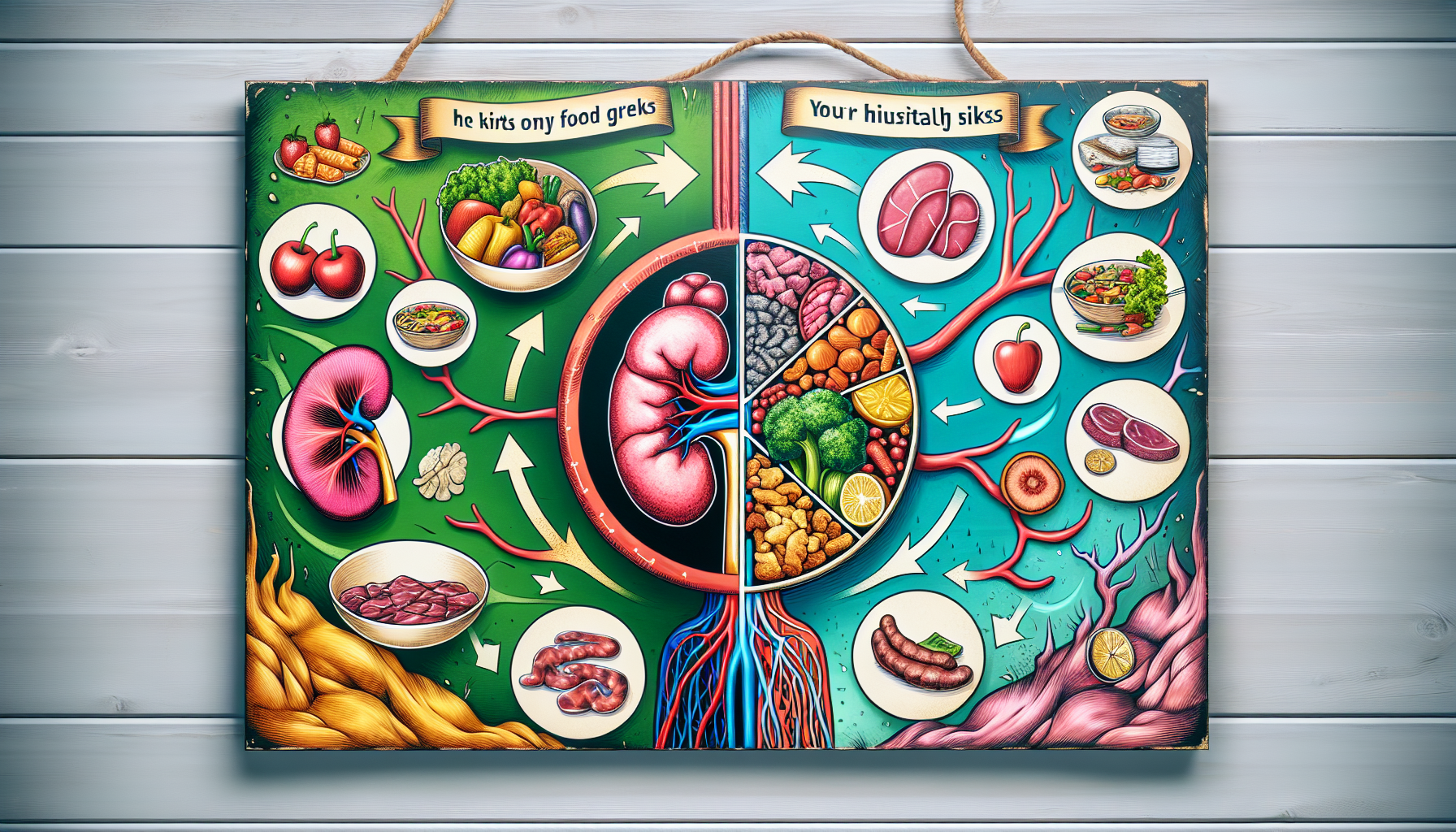The Meat-Only Diet Dilemma: A Lesson from a Severe Kidney Stone Case
Have you ever heard about the diet where you eat only meat? It might sound like a dream come true for carnivores, but before you fire up the grill, consider this: A woman recently wound up in the hospital because of it. Intrigued? Let's delve into this unusual diet and its potential pitfalls.
What is the Carnivore Diet?
The carnivore diet is as straightforward as it sounds. In essence, it’s a meal plan that consists only of animal products. Typically, this includes meat, eggs, and some dairy. The allure for many is the promise of rapid weight loss. This diet is high in protein and fat, leading to quick satiety. As a result, people tend to eat less and rely on their body's fat reserves for energy due to the absence of carbohydrates. This switches the body into a state called ketosis, a process similar to fasting, where the body burns stored fat for fuel.
The Allure of Weight Loss: Is It Sustainable?
The rapid weight loss associated with the carnivore diet hooks many into giving it a try. Why does it work? The key lies in the high-protein, high-fat content that curbs appetite and leads to fewer calorie intakes overall. Plus, without carbs, the body burns fat for energy, seemingly leading to significant weight reduction.
But here's the catch: Our bodies are designed to be fueled by a balanced diet, much like a car running on the right mix of fuel. Over reliance on one source of energy can have unintended consequences. Sure, the pounds might melt off initially, but what about your health in the long run?
The Pitfalls: A Cautionary Tale
Enter the story of Eve Catherine, a 23-year-old TikToker from Dallas, Texas. Inspired by the weight-loss potential, Eve embraced the carnivore diet head-on. Her daily meals included eggs for breakfast, yogurt (a rare exception to the no-dairy rule) for lunch, and steak for dinner. While she smiled and cheered for her leaner physique, her body was signaling a different story – one she chose to ignore even after a doctor warned her about protein in her urine.
Plot twist: Blood in her urine eventually led to a hospital visit where she learned she had kidney stones, hard deposits that form in the kidneys and can cause excruciating pain. This episode forced her to face the reality of her dietary choices. She candidly shared her experience on TikTok, cautioning others about the reckless pursuit of the meat-only regimen.
Understanding Kidney Stones: The Downside of Excessive Protein
Kidney stones occur when mineral levels (such as calcium and oxalate) in the urine are too high, leading to the formation of crystals. An excess of certain nutrients, such as the uric acid from red meats, can exacerbate this condition. The pain Eve experienced was a stark reminder that our bodies are delicate systems that require careful nutritional balance.
What many don't realize is that while the carnivore diet might cut down on carbs, its lack of fiber and plant-based nutrients can wreak havoc internally. Nutritionists argue that fruits and vegetables contribute essential nutrients and fiber, crucial for maintaining good health. Without them, the body can face deficiencies and over-dependence on proteins or fats that it struggles to process efficiently.
Expert Opinions: A Balanced Diet Ensures Health
Renowned institutions like the Mayo Clinic warn against the dangers of a high-protein diet, especially for individuals with pre-existing kidney issues. High protein intake can strain the kidneys, reducing their ability to filter waste from the blood. Plus, without dietary fiber, followers might grapple with side effects like constipation, headaches, and even bad breath.
It’s clear then, that while the meat-only diet might seem effective in the short run, its implications for long-term health can be dire. Experts stress the importance of a diverse diet that incorporates all food groups, ensuring we receive a comprehensive range of nutrients essential for health and vitality.
Lessons Learned: Embrace Diversity in Foods
Eve Catherine’s regretful admission about the diet she once eagerly endorsed underscores a vital lesson: no quick fix is worth jeopardizing your health for. Her story serves as a caution to us all about the importance of balanced nutrition. It’s not just about shedding pounds; it’s about fostering lifelong habits that enrich and sustain our well-being.
So next time you're tempted by a dietary fad, remember to ask yourself – is this truly sustainable for my health? Interestingly enough, the secret to well-being might just be what your grandmother always advised: eat your fruits and veggies.
Conclusion
In the journey of health and nutrition, taking shortcuts can sometimes lead to unexpected setbacks. It might seem enticing to dive headfirst into a diet promising drastic changes, but it's crucial to consider the potential repercussions. Remember, our bodies thrive on balance, much like everything else in life. Let's learn from Eve's story and choose a path that doesn’t just offer fleeting results, but steadfast health in the long run.
Are you ready to prioritize balance over quick fixes in your diet?

